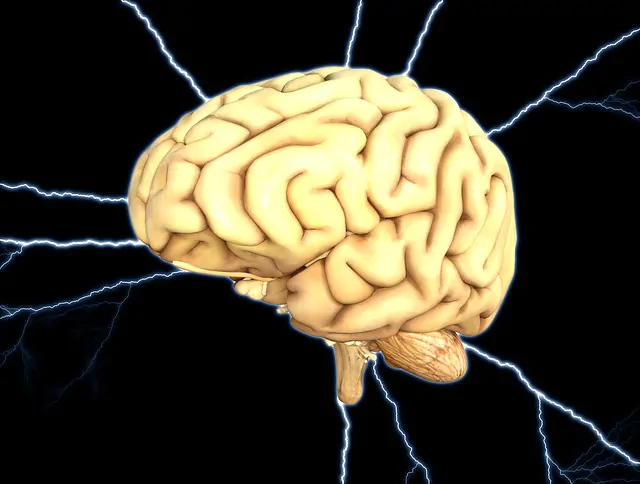it is known that mad It is a risk factor for delirium just as delirium is a risk factor for dementia. However, it is not clear how this relationship is created: is simply babbling that it A sign of brain impairment or whether the effect of delirium on dementia is related to the stimulus or whether delirium itself can lead to permanent neurological damage.
In this context, it is important to note that delirium can be avoided in 30% to 40% of cases and is, therefore, a modifiable risk factor for dementia.
Previous studies supporting the relationship between these two entities have already been published. However, there is still a demand in the literature for larger studies with a longer follow-up to assess this relationship. The Journal of Neurology, Neurosurgery and Psychiatry In the August issue of that year, she published a large retrospective cohort study with 12,949 patients to examine the risk of dementia in those who had had a delirium.
Methods
A retrospective cohort study was conducted in patients over 65 years of age who were diagnosed with an indicator episode of delirium without reports of a previous diagnosis of dementia. Patients from the group database National Health Service (NHS) Glasgow and Greater Clyde (CG&C) between 1996 and 2020.
The primary outcome studied was a diagnosis of dementia. As a competitive event, death before dementia was diagnosed was also noted. In this study, a cumulative incidence function (CIF) was used, which makes it possible to estimate the incidence of an event (in this case, dementia) taking into account competitive risk (death before dementia diagnosis).
For secondary outcomes, the variables of age, gender, and socioeconomic deprivation in specific risk of dementia were also assessed using Cox regression.
consequences
Among 12,949 patients with an indicator delirium episode tracking Average of 741 days, 3,530 were subsequently diagnosed with dementia and 5,788 (45%) died before dementia was diagnosed. In addition, dementia was diagnosed post-mortem in 643 (18%) patients.
The estimated cumulative incidence of dementia—taking into account the concurrent risk of death without a diagnosis of dementia—was 9% at six months, 13.6% at one year, 31% at five years, 35.5% at ten years, and 36.3% at 20 Year.
In a Cox regression analysis, an interesting finding was demonstrated: having dementia diagnosed after delirium was associated with greater socioeconomic deprivation, as well as being older. No relationship with sex was observed.
look now: What is the importance of MRI in diagnosing dementia? [vídeo]
Final comments
- In this large cohort study, results show that after an episode of delirium in individuals over 65 years of age, there is an association between risk and subsequent dementia of about 31% within five years.
- Future research is still important to determine whether early recognition and treatment of delirium can reduce the risk of later dementia.

“Wannabe internet buff. Future teen idol. Hardcore zombie guru. Gamer. Avid creator. Entrepreneur. Bacon ninja.”


